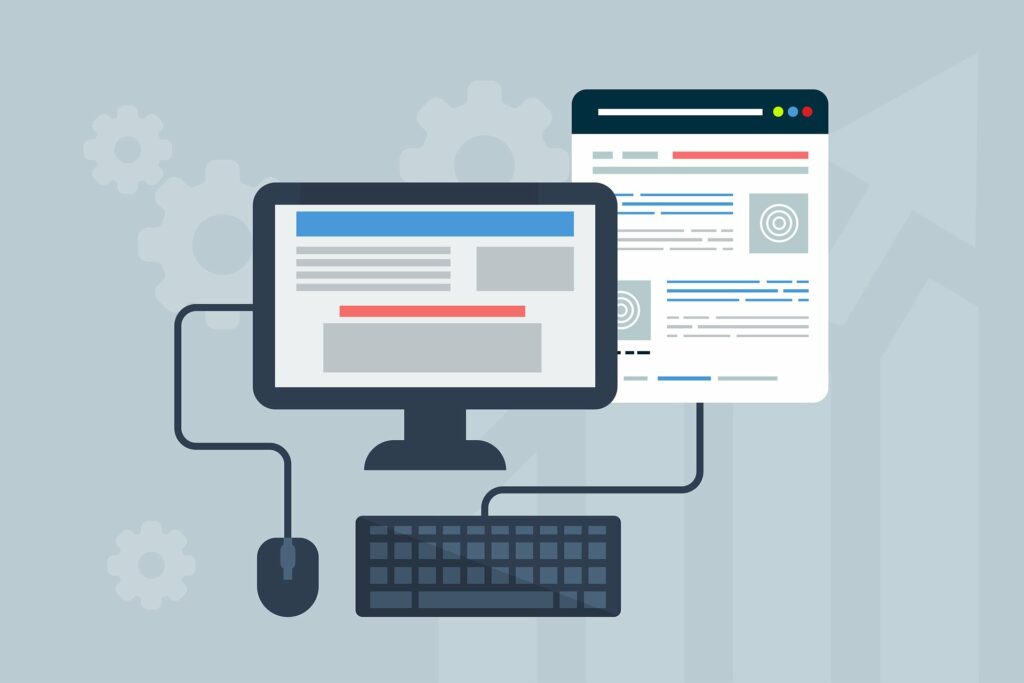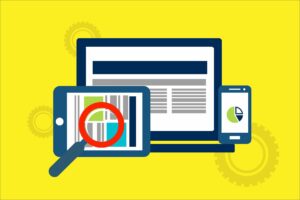There are currently over two billion websites on the internet, and it is estimated that thirty thousand of those are hacked every day.
An unsafe website impacts everyone. Not only can it be hugely detrimental to your company, but it will make your users and customers vulnerable. An unsecured website will make their data and personal information easily accessible to cybercriminals.
The reality of an unsafe website is hugely daunting. But, you can take clear and relatively inexpensive steps to elevate your website quickly and allow your users to browse with the utmost confidence.
Choose a Safe, Secure Web Hosting Company
For anyone looking to create an online presence through a website, choosing the right web hosting company is integral to their success.
To choose the best company to work with, you will need first to determine the level of support you require. Hosting levels can broadly be separated into three distinct categories.
Shared hosting is great for small to medium businesses. It allows multiple websites to utilise the same server, making this option much more affordable. However, once your company begins to grow, you may notice some severe performance issues.
When your business requires a little extra, consider upgrading to a VPS. A virtual private server provides a happy middle ground, simulating a dedicated server’s experience whilst sharing the hardware costs with other businesses.
Once your company begins experiencing large volumes of traffic and processing a substantial number of financial transactions; a private server will likely be required. This option provides you with complete control over your website and allows you to implement customisations that meet your business’s demands. The most robust option, which comes with the most substantial price tag.
Alternatively, hosting in the cloud may be a more suitable environment for your business.
SSL Certificate
An SSL is a secure sockets layer.
It sends a message that your website is safe, enabling your customers to browse and shop on your website securely.
For E-commerce sites, an SSL certificate is essential. It is entirely unethical to allow users to input their bank details without assuring that their information will be kept private. Additionally, it can be logistically impossible to accept many bank accounts without an SSL in place.
An SSL certificate cements your identity on the internet and gives your users peace of mind. It protects users data and allows people to enjoy your site with confidence. Additionally, search engines have made clear it is a crucial factor considered when ranking websites.
Create a Backup System
A website backup is essentially an identical copy of your website data, which might include content, media, and databases.
Suppose your website becomes compromised and is hacked, having a backup means that you can be back online in no time.
Backups need to be regular as if the worst does happen; you need the most up to date version of your site. Consider investigating automatic backups which will ensure you have regular copies of your site.
Many web hosting services offer backups as part of their service. However, the storage on these can be limited, so may only be useful for part of your site.
Alternatively, you may choose to invest in a specific backup service, which sits independently of your website hosting. Finally, various plugins are available across many content management services that can help back up your site.
Reliable Passwords
Whether you have one, or one thousand people who access and update your website; strong passwords are essential.
Stay away from your birthday, your dog’s name, or worse, 123456.
First and foremost, do not store passwords in your browser. Although it makes life infinitely more simple, it is just another way for hackers to attempt to steal your information.
The most robust passwords are long yet memorable. Choose something that is over eight characters, using a combination of letters, numbers, and special symbols. Try to use a phrase unique to you, such as a nickname or term that only you would know.
Do not write your passwords down, and do not use the same password for multiple accounts.
Avoid Excessive Plugins
Content management systems, such as WordPress, offer a vast array of plugins for your website. Some of these can add extra functionality to your site, whereas others simply increase aesthetics.
Whilst all plugins purchased from WordPress will be vetted independently, every addition to your website presents a chance for hackers to access your site. Keep potential risks to an absolute minimum by carefully and strategically adding plugins to your website.
WordPress comes with a set of security measures in place by default and offers a range of plugins to increase your website’s security, click here to see what those plugins are.
Monitor Traffic
Thorough SEO is essential for a website that gets noticed. However, once the traffic starts rolling in, it is vital that you closely monitor it.
It is estimated that close to half of all internet traffic is bots. Whilst some bots are harmless, others can be catastrophic for your business and your customers.
For example, web scraping bots will crawl your website, copying the entire contents identically. This can then fool users into believing their site is legitimate, enabling them to trick visitors into handing over their personal information.
If you have a WAF (Web Application Firewall) installed, monitoring for ‘bad’ traffic will be less of an issue. Without one, however, you need to ensure that manual monitoring is conducted regularly.
You will need to select a tool to monitor your website. Google Analytics is generally the favourite and provides a comprehensive overview of your site, providing you with information regarding the viewers’ location, how long they spend on your site, and their behaviour once on the site.
What to look out for:
- Excessively high or low session duration
- Bots tend to click through the pages on your website at a rapid pace. If you notice a vast number of visits with a tremendously high or low session duration, bots are likely present.
- Abnormally high page views
- A sudden boost in pageviews way above your general average is a clear indication that the users on your website are not genuine.
- Spike in traffic from an unusual location
- A sudden massive influx of users from a particular area is a good indication that you are suffering from bot traffic. This is particularly relevant if they come from a country where the mother tongue is not your website’s native language.










